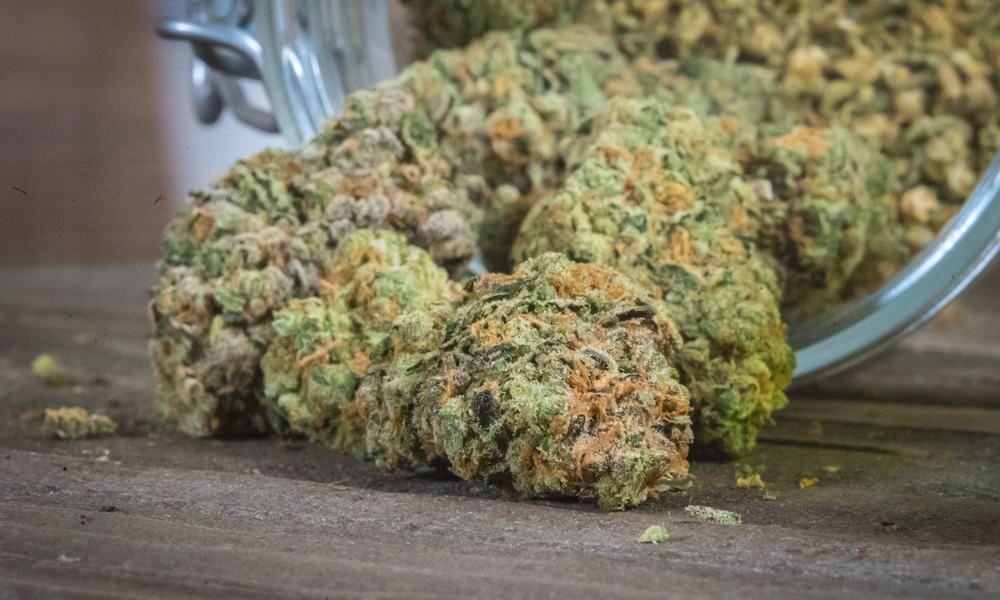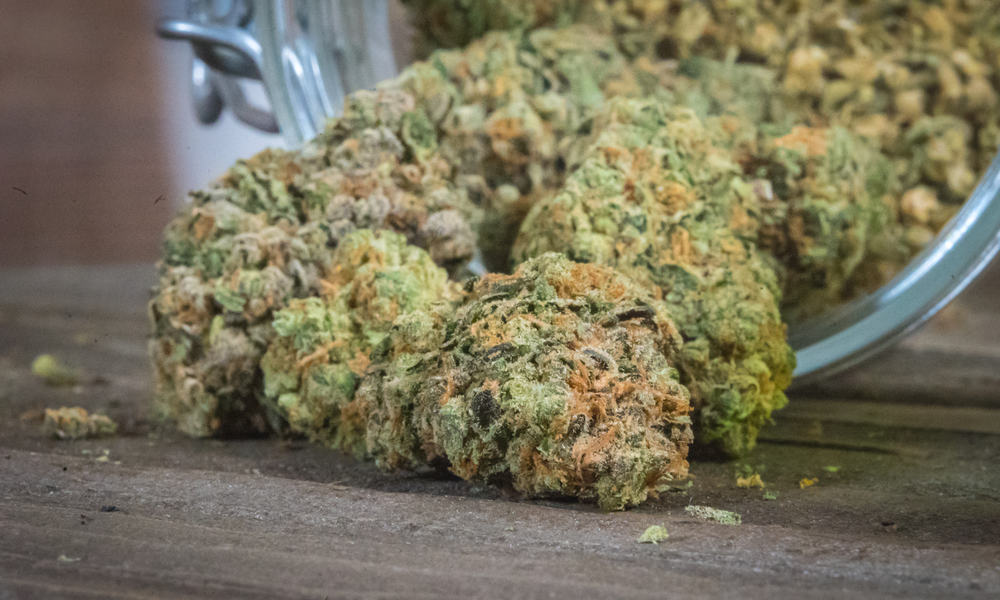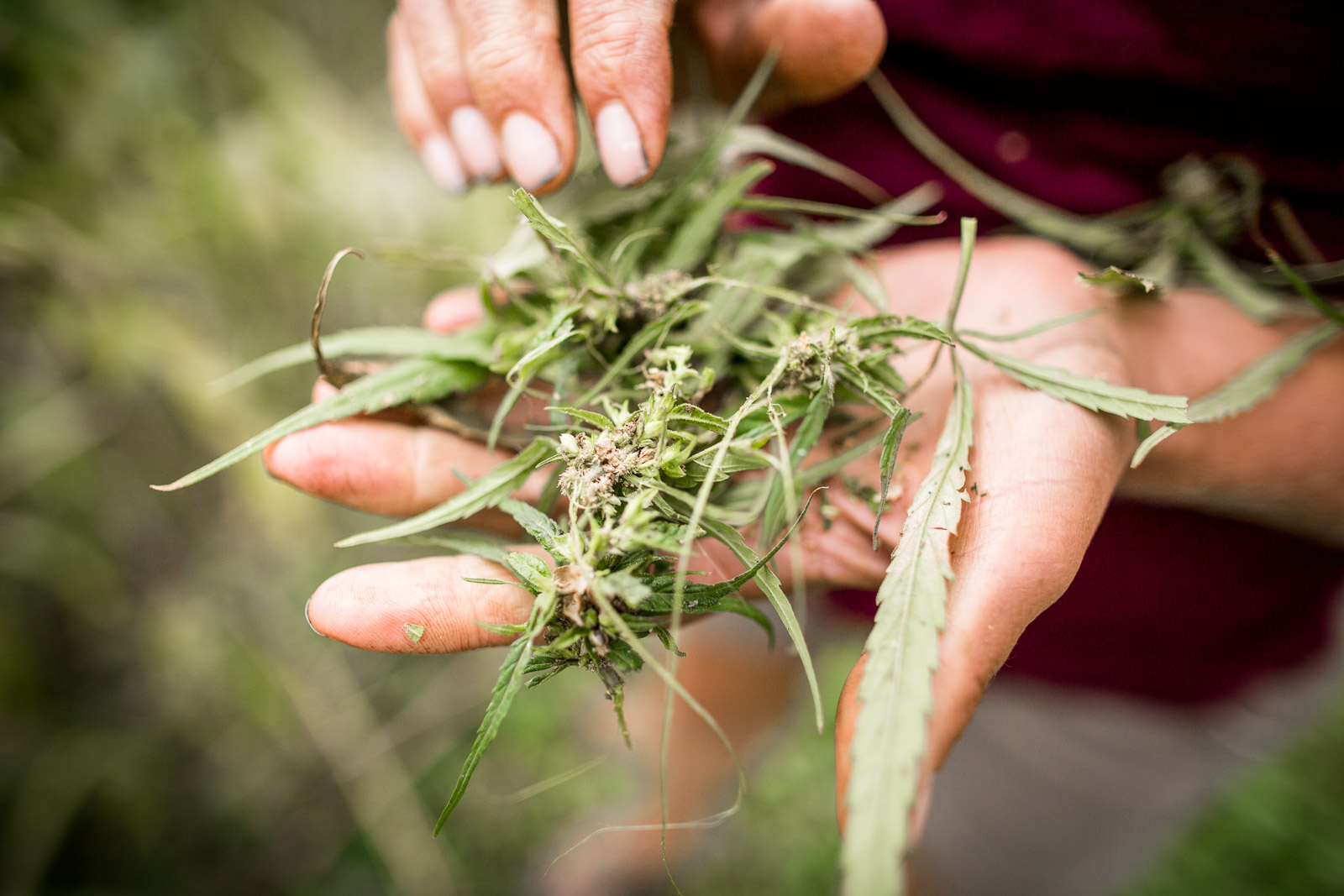
A showdown between a Wisconsin Rastafarian church and law enforcement over the church’s right to distribute marijuana to its congregants reached a climax on Wednesday morning. Dane County Narcotics Task Force raided Lion of Judah House of Rastafari, arrested its two founders, and detained several people on site.
“We are practicing religious freedom,” said Jerry Sersch, one of the church’s maintenance workers who was present for the 8:30 a.m. raid. Sersch and his father Byron reported that police shone lasers in their faces with their weapons drawn, and that they were put into separate squad cars while officers shattered church windows and confiscated herb that the place of worship uses in its rites. “I thought I was going to get shot,” Jerry continued, as reported by the Wisconsin State Journal.
A neighbor told the Cap Times that some 30 officers were present for the raid.
“It’s just a church, man, [marijuana] is sacrament,” said the elder Sersch. “I don’t get it.”
Church co-founder Jesse Schworck was arrested in the raid, as was co-founder Dylan Paul Bangert when he arrived on the scene nearly three hours later.
The Lion of Judah House of Rastari opened its doors in March. Its website identifies it as “Wisconsin’s first & only lawful Rastafari cannabis sanctuary,” and organizers have told the media that 10,000 members joined its congregation in the first months of operation.
This is not the first time police had targeted the establishment. Officers had reportedly come by several times to confiscate marijuana and marijuana paraphernalia, and delivered the building’s owner a notice of public nuisance. “Even if you are a legitimate ‘church’, possessing and selling a Schedule 1 Controlled Substance, which these items are, is not legal under Wisconsin State Statute,” read that letter in part.
Schworck and Bangert filed a lawsuit against the city on April 18. “They know that they can’t come here,” Schwork told the Cap Times. “That’s why they don’t come here.”
But his words proved to be overconfident. In Wednesday’s raid, police commanded the Sersches to dismantle the small tent in which the formerly homeless men had been in living the church’s backyard so they could tow away Schwork’s car.
The church says that its marijuana supply was coming largely from its members. “We have the capacity to do all that,” Schworck said. “So we try to just have different people in different capacities depending on their church, their service. They do different things, they have different talents.”
Wisconsin is currently among 17 U.S. states that threaten criminal penalties for any amount of marijuana that is possessed, sold, or grown, although Madison has seen the passage of some decriminalization measures. Of the 3,903 arrests in Madison that took place based solely on marijuana possession between 2012 and 2015, 72 percent were Black individuals. Black people make up 39 percent of the city’s residents.
The state is far from the only place in the country that has seen conflict over Rastafarians’ right to use marijuana. In October, Patrick Beadle, a Rastafarian from Oregon was sentenced by an all-white Mississippi jury and sent to prison for eight years when police stopped his car for crossing a lane line — incidentally, an offense which the ACLU has identified as a “useful pretext” for racial profiling. Beadle’s sentence has since been reduced. Some incarcerated Rastafarians have sued the government over their right to use the drug while imprisoned.















